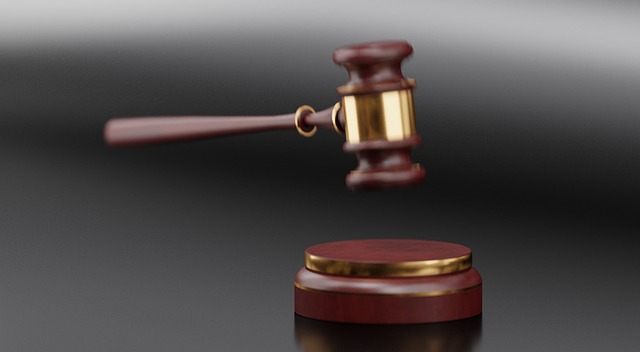Punishment is primarily focused on retribution or inflicting harm as a means of discipline, often in response to a wrongdoing. Penalties are more about imposing consequences or fines as a deterrent for certain behaviors.
What is Punishment?

Punishment is a societal response to wrongdoing, intended to impose consequences on individuals who violate established rules, laws, or moral codes.
It serves multiple purposes, such as deterrence, retribution, rehabilitation, and social order maintenance.
Punishments can range from fines and imprisonment to community service or rehabilitation programs, depending on the severity of the offense and legal system.
The concept of punishment seeks to balance the need for accountability and justice with the aim of reforming offenders and discouraging future transgressions, ultimately fostering a safer and more orderly society.
What is Penalty?

A penalty is a specific consequence or punitive measure imposed as a result of a rule or law violation. It is typically a financial or punitive sanction designed to deter individuals from engaging in prohibited behavior.
Penalties can take the form of fines, forfeitures, or other legal consequences, and they are often used to discourage actions that are deemed socially undesirable or harmful.
The severity of penalties can vary widely depending on the nature of the offense and the jurisdiction, with the intent of discouraging misconduct and promoting adherence to established regulations, ultimately contributing to the maintenance of order and fairness within a given system or society.
Punishment Vs. Penalty – Key differences
| Aspect | Punishment | Penalty |
|---|---|---|
| Purpose | Deterrence, retribution, rehabilitation, and maintaining social order. | Deterrence and discouragement of wrongdoing. |
| Nature | Often more severe, including imprisonment, probation, or rehabilitation programs. | Typically less severe, involving fines, forfeitures, or minor restrictions. |
| Legal System | Part of the formal legal process and may require court proceedings. | Can be imposed administratively or as a result of rule violations without court involvement. |
| Severity | Can range from mild to severe, depending on the offense and legal system. | Generally less severe, aiming to discourage misconduct rather than inflict significant harm. |
| Focus on Offender | May involve rehabilitation and efforts to reform the offender. | Primarily focused on discouraging the offender from repeating the violation. |
| Examples | Prison sentences, community service, rehabilitation programs. | Fines, license suspensions, warnings, or demerit points for traffic violations. |
Examples of Punishment and Penalties in Real Life
Punishments
- Prison Sentence: Individuals convicted of serious crimes such as murder or robbery may be sentenced to serve time in prison as a form of punishment.
- Probation: Instead of incarceration, some offenders are placed on probation, which involves supervision and adherence to specific conditions, like drug testing or community service.
- Restitution: Offenders may be required to compensate victims for financial losses or damages caused by their actions.
- Rehabilitation Programs: Courts may order individuals with substance abuse issues to attend rehabilitation programs as part of their punishment.
- Death Penalty: In some jurisdictions, capital punishment, or the death penalty, is used as a punishment for particularly heinous crimes.
Penalties
- Traffic Fines: Motorists who violate traffic laws, such as speeding or running a red light, often face penalties in the form of fines.
- Parking Tickets: Drivers who park illegally or exceed time limits in parking zones receive parking tickets, which carry fines.
- Tax Penalties: Individuals or businesses that fail to pay taxes on time or accurately may face penalties, including fines and interest charges.
- Late Fees: Many businesses impose penalties in the form of late fees for customers who fail to make timely payments on bills or loans.
- Academic Penalties: In educational institutions, students who engage in plagiarism or academic misconduct may face penalties like failing grades or academic probation.
- Sporting Penalties: In sports, athletes who engage in unsportsmanlike behavior may receive penalties like suspensions or fines.
These examples illustrate how punishments and penalties are used in various aspects of society to address wrongdoing, enforce rules, and maintain order.
Punishments tend to be more severe and often involve legal processes, while penalties are typically less severe and may be imposed administratively or through rule enforcement.
Image Credits
Featured Image By – 3D Animation Production Company from Pixabay
Image 1 By – WikimediaImages from Pixabay
Image 2 By – ThorRune, Public domain, via Wikimedia Commons








